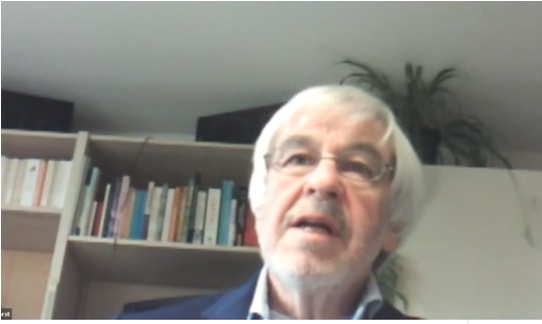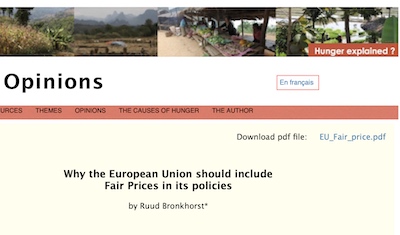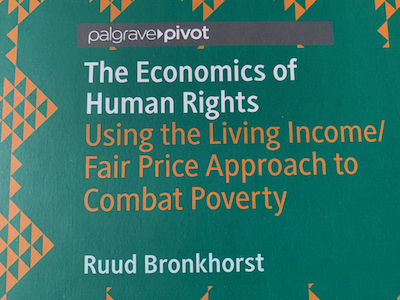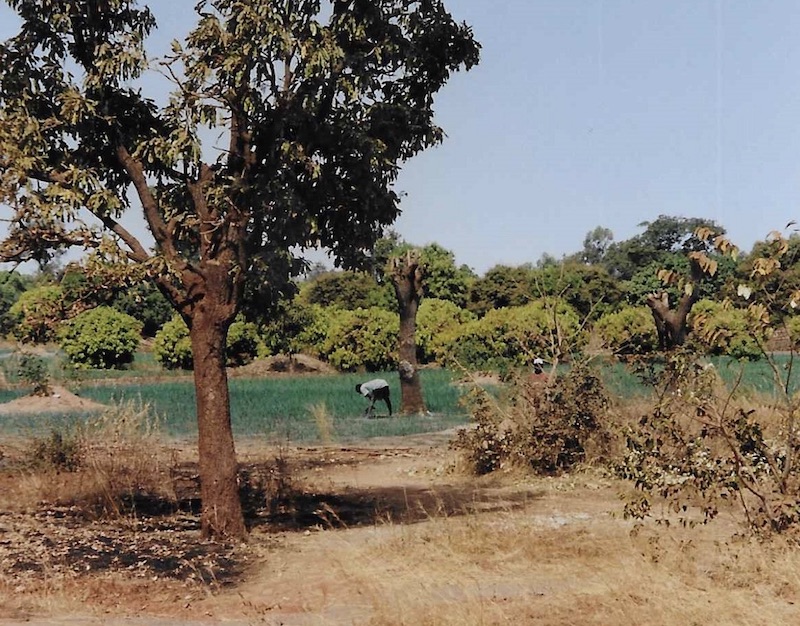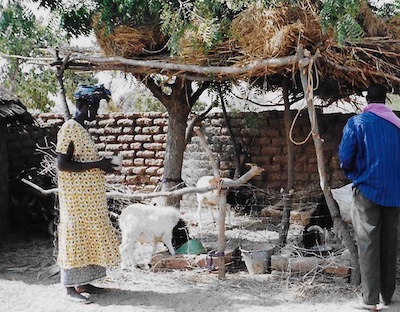OUR NEWS
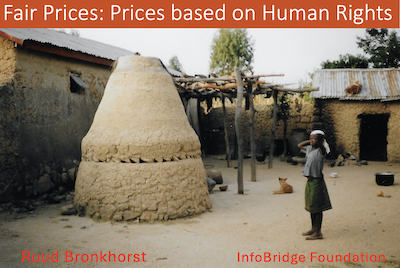
- Details
- Hits: 2662
Fair Prices: Prices based on Human Rights (2023)
In this new paper of Ruud Bronkhorst reasons are given why Fair Prices are essential to obtain a Living Income for small producers and a Living Wage for workers.
The paper can be downloaded here.
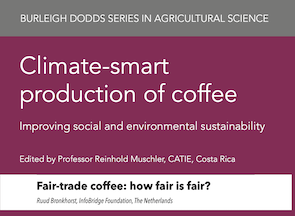
- Details
- Hits: 2817
Fair-trade coffee: how fair is fair? (2022)
The publication, chapter of a book ‘Climate-smart production of Coffee, published in the Burleigh Dodds Series in Agricultural Science, in now available at this website with permission of the Burleigh Dodds. Download here.
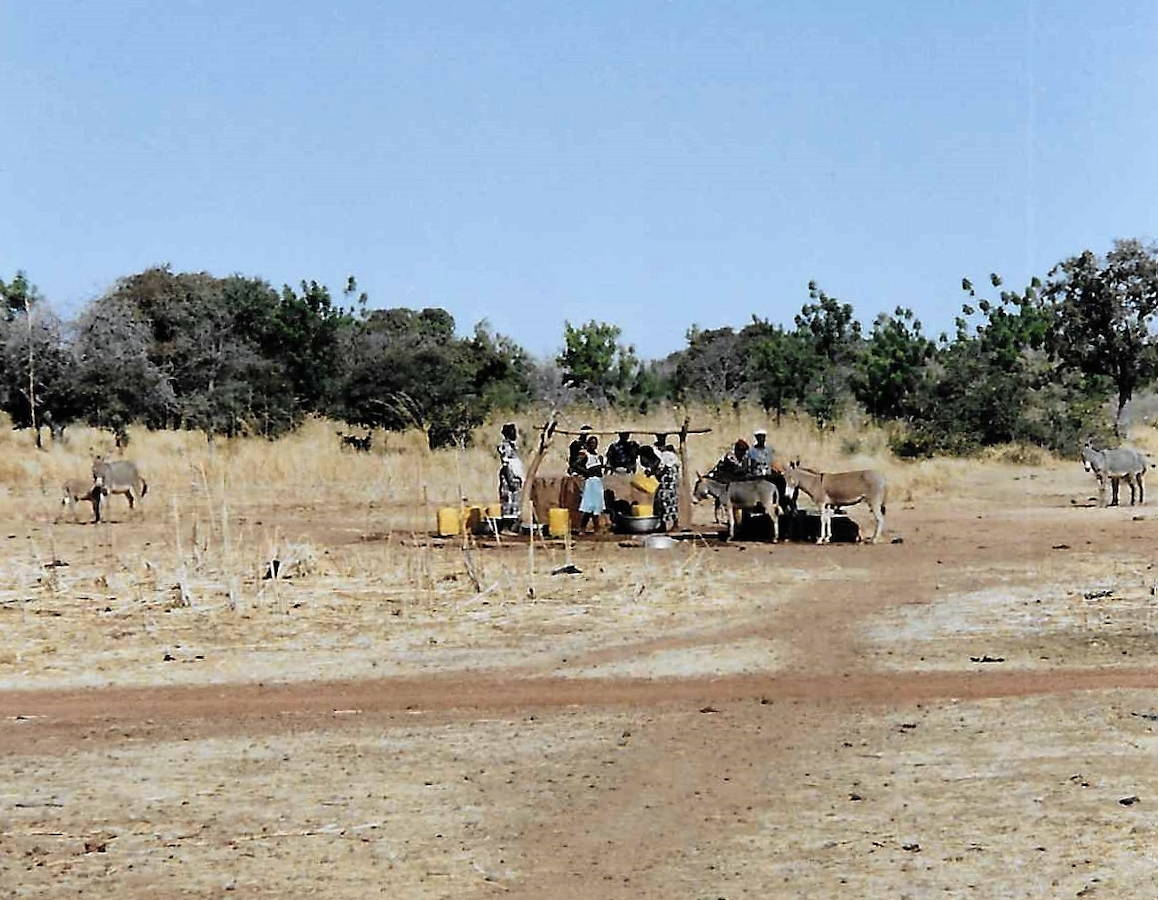
- Details
- Hits: 6874
Fair Prices to Achieve a Living Income for Small Farmers and Its Relation to Local Food Purchase Programs (2018)
Based on the Living Income concept, a methodology has been developed to calculate ‘fair’ prices for peasants for different crops. Application of this method can guide both policy makers and companies in their development of ‘ethical’ policies, based on the Universal Declaration of Human Rights.
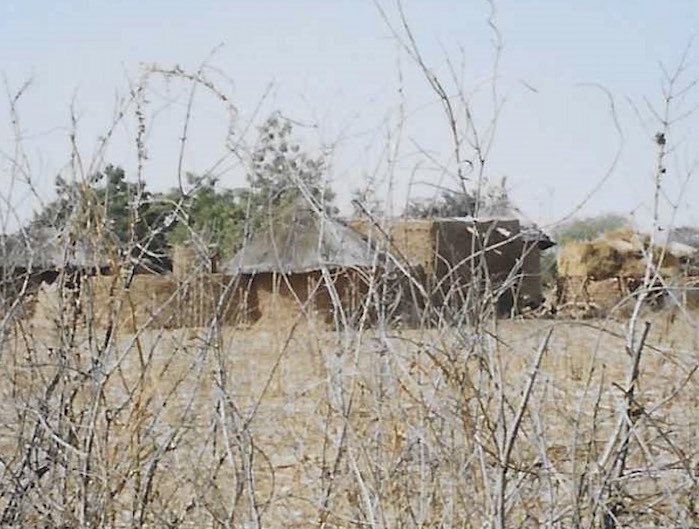
- Details
- Hits: 4114
Des prix équitables pour un revenu vital (2017)
Les conditions de vie des petits producteurs sont un aspect de la production alimentaire qui n’a pas, jusqu’à ce jour, reçu l’attention qu’elle mérite. Il y a un large consensus sur le fait que les petits agriculteurs produisent avec un rendement à l’hectare plus grand que celui obtenu par les grandes exploitations (IFPRI).

- Details
- Hits: 3353
Fair Prices: Peasants and the possibilities of a Living Income (2013) by Ruud Bronkhorst
After a brief discussion of the main approaches to the concept of the ‘Living Wage’ (LW), a methodology is developed how to apply this concept to the case of peasants. Since peasants do not receive a wage, the Living Wage definition is adapted to that of a ‘Living Income’ (LI).

